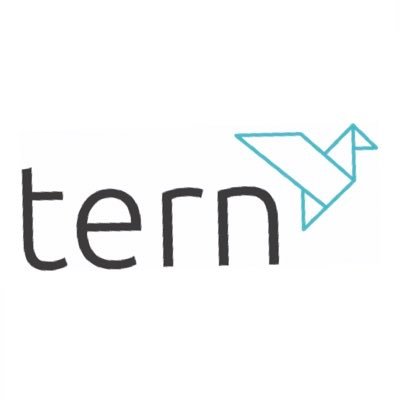The pitch room feels familiar yet unrecognisable as teams race to forge compelling narratives with ever heavier decks of data. In this charged moment a new influence stirs beneath the surface, one that begins to challenge assumptions about what truly convinces pharmaceutical marketers and healthcare clients alike.
When agencies race to win a place on a client roster they often find themselves deep in research, racing against deadlines and fierce competition. In that scramble what if a tool could gather the voice of doctors, patients and analysts in near real time and shape a proposal that feels both thoroughly grounded and bracingly original? That subtle shift from instinct to intelligence is exactly the spark that is drawing agencies towards a specialised language model designed for the drug development world.
Within minutes of engaging this AI‑driven assistant teams report reclaiming most of the hours they once spent scouring forums, journals and conference transcripts. Time that would have been devoured by manual review instead unlocks fresh strategic thinking and sharper narrative angles. This matters for investors who seek durable advantages in the creative services sector: a capability that transforms laborious research into polished insight at speed can be the difference between an unremarkable bid and a truly resonant pitch.
Beyond mere efficiency there lies a deeper proposition. Proposals infused with insights from every corner of the market carry a conviction that cannot be manufactured through guesswork. By weaving together what healthcare professionals emphasise, what patients articulate in online conversations and where opinion trends are shifting, agencies can craft recommendations that feel pre‑tested by the market. That sense of pre‑validation elevates an agency’s standing; it reframes conversations from speculation to evidence‑backed strategy and positions the agency as a forward‑leaning partner.
Yet securing the win is only the start of the journey. Execution demands both agility and relentless refinement of processes. When an RFP response acts as a catalyst for internal innovation it pushes agencies to standardise workflows, embrace continuous learning and invest in tools that assure consistency. Those that adopt a data‑centric platform in both bid and delivery gain momentum in margin generation and client satisfaction. From this vantage point investors observe a repeatable model for scale, where better pitches and smoother delivery feed into one another to accelerate growth.
Underpinning these advances is a suite of capabilities tailored to the nuanced demands of healthcare marketing. It goes beyond a general AI assistant to a platform that specialises in patient intelligence, healthcare professional analytics and brand perception in one seamless interface. Agencies can tap predictive signals from machine learning, interrogate sentiment in patient narratives and even deploy a white‑label version that carries their own brand identity. This convergence of data science and communications expertise cements a competitive moat: it is not simply about adopting AI, but about integrating a refined, domain‑specific intelligence into every stage of client engagement.
For investors assessing the long‑term outlook of marketing consultancies and agencies in the healthcare space these developments signal more than a marginal improvement. They mark the emergence of a new service architecture in which bespoke AI engines stand at the heart of creative output. As clients increasingly demand proof points and rapid iteration, agencies equipped with such tools are poised to capture a larger share of RFP invitations and to build deeper relationships through demonstrated agility.
A final consideration is the ripple effect on market dynamics. As more agencies incorporate advanced language models focused on healthcare conversations, the baseline of expectation shifts. Clients will grow accustomed to proposals informed by real‑time patient and provider sentiment rather than aggregate industry reports published months earlier. In that environment the late adopters risk being relegated to a commodity tier, forced to compete on price rather than insight. Conversely, agencies that embrace this AI infrastructure early will define new benchmarks for creativity and reliability.
Talking Medicines has distilled these elements into a purpose‑built solution for the healthcare marketing domain. Through its specialised AI interface an expansive array of stakeholder voices becomes accessible on demand, research cycles compress from weeks into hours and every proposal carries the weight of fresh, market‑tested perspectives.
Tern plc (LON:TERN) backs exciting, high growth IoT innovators in Europe. They provide support and create a genuinely collaborative environment for talented, well-motivated teams.






































